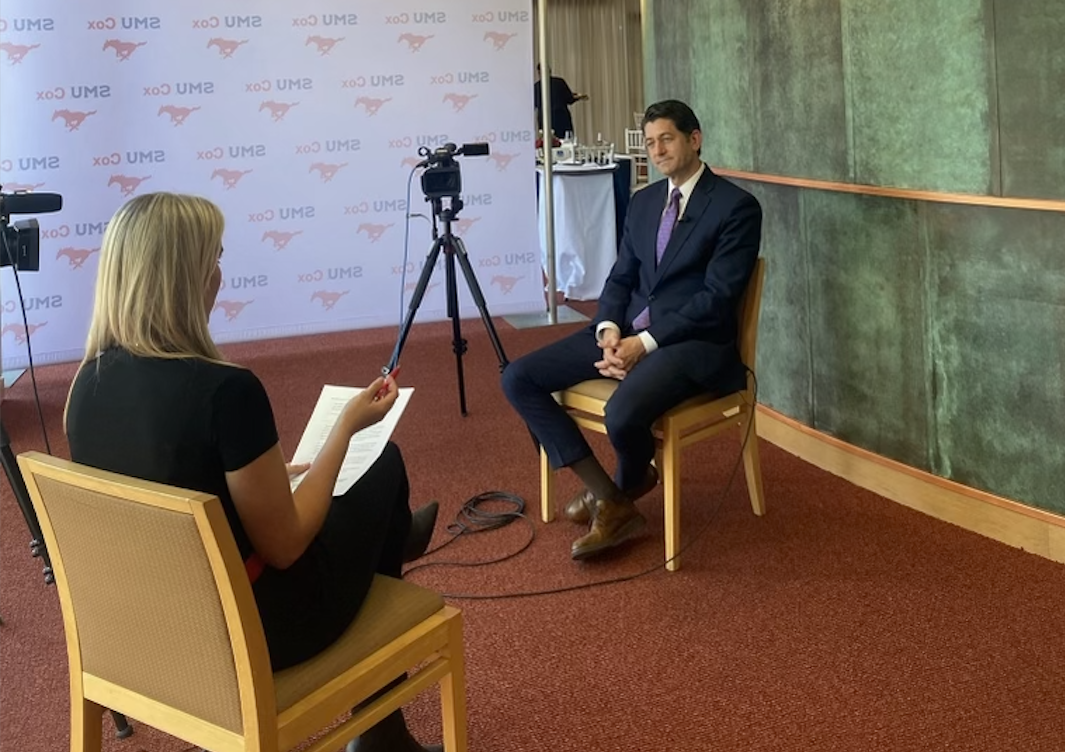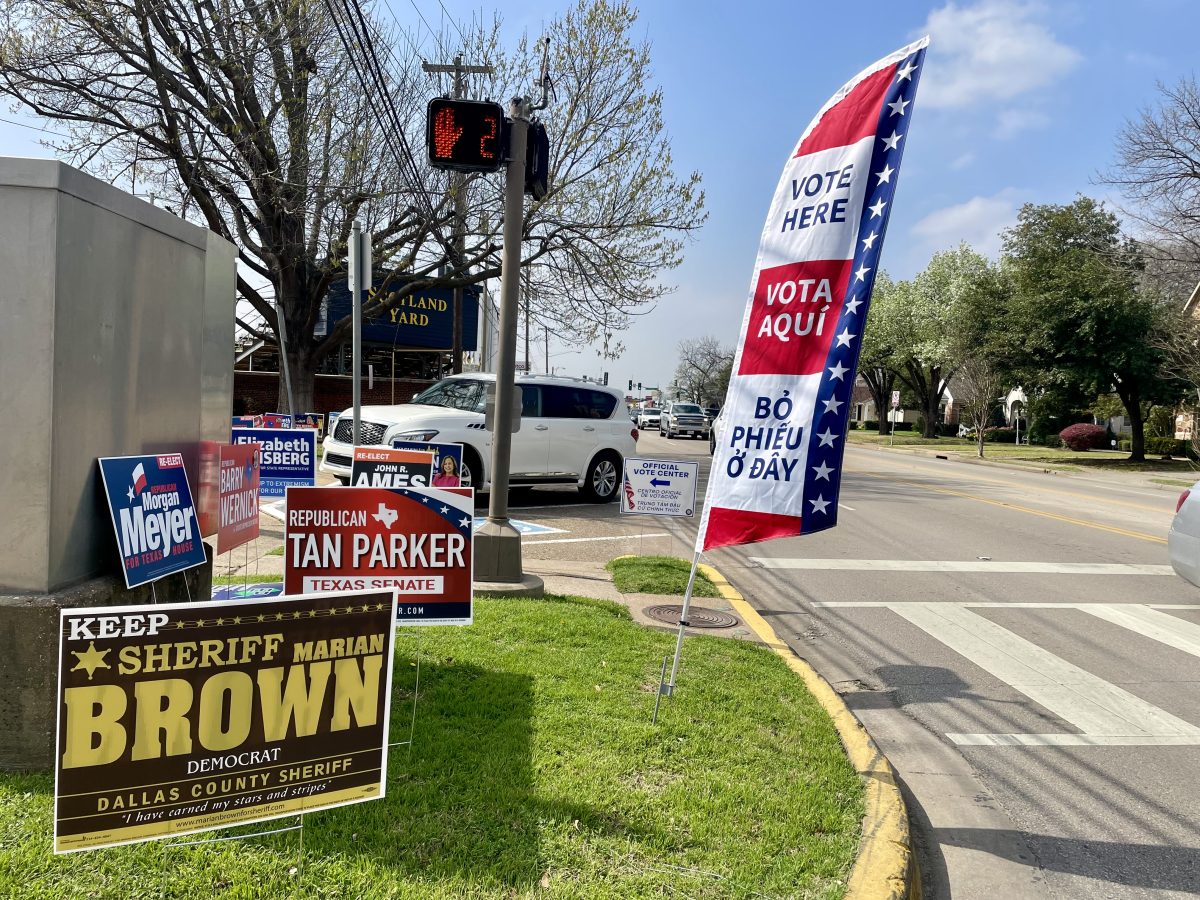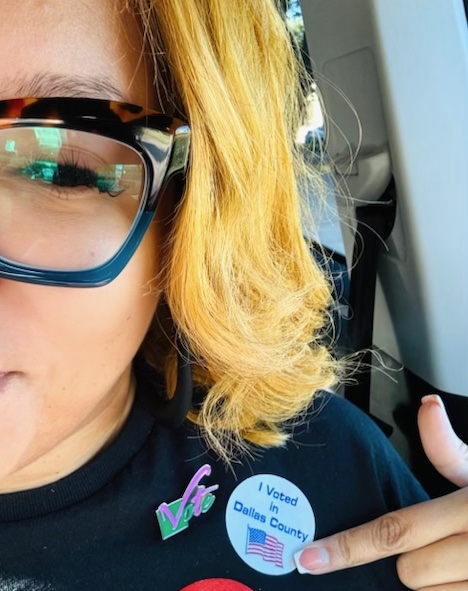After more than 11 hours of debate, the Texas House passed a bill that would require voters to show photo identification at polls.
While the bill is aimed at addressing voter fraud, many say that it will negatively affect students’ ability to vote.
“The thing that is usually disruptive for students is that they are not at home,” political science professor Cal Jilson said. “So if you are not at home and do not have local ID, you won’t be able to register to vote and vote at your university home.”
John Carona, the Republican senator that represents the SMU area, said that the Senate considered this particular problem.
He said that a student who is a resident of Texas may register to vote at a temporary address, and “if there is a conflict of address on a voter registration card and a driver’s license, it would not prohibit that person from voting.”
The language of the bill, SB-14, does not specifically address this problem, although Carona said the office of the secretary of state is currently developing rules that will “equip election workers to handle these situations.”
Carona said that if there were to be an issue, “students will have the opportunity to cast a provisional ballot.”
Republicans included a measure in the bill that makes one of the photo identification options free of charge so that cost would not be an issue in having a valid Texas ID.
Matt Simpson, ACLU Texas’ policy strategist, is not satisfied with that. Because this bill doesn’t provide specific exceptions for students from out of state that want to vote in Texas elections, he believes the bill will still have a negative effect on student voter turnout.
He said other states who have voter ID bills allow students to use their student ID as proof of residency, and given Republicans’ unwillingness to broaden the number of allowed photo IDs, this doesn’t seem likely.
“For a well-to-do student… getting a driver’s license is just a matter of finding a way to get to the DPS,” he said, noting that students who do not have cars or the time to get a Texas ID would be put at a disadvantage.
Simpson also said that this will discourage minorities and the elderly, who also may be unable to get an updated license, from coming to the polls.
He said that this is particularly problematic given Texas’ record of low voter turnout.
“Every time you add a new roadblock to voting you just make a bad situation worse,” he said.
Texas has among the lowest voter turnout in the country, ranking consistently between 45 and 47 percent, Jillson said.
“Historically that was no accident at all because Texas had a whole series of voter registration hurdles, poll tax hurdles and prohibitions on minority voting,” Jillson said.
Jillson said that even though the federal government forced Texas to eliminate these in the early 70s, some argue that “modern low voter turnout in Texas is a vestige of an earlier attempt to dissuade minorities from voting.”
He said some feel that the voter ID bill is new proof that Republicans would rather not have minorities vote because minorities typically vote Democrat.
Carona said the bill was simply to prevent voter fraud.
“SB14 gives a tool to election workers to prevent in-person voter fraud and helps to restore voter confidence that the person who shows up at the polls actually is who he or she claims to be,” he said.
But Simpson said that there is no proof that the voter fraud Carona cites is actually occurring.
“Creating these new and more complex measures that affect turnout, all to fix an issue that may not exist, it starts to be an issue,” he said. “It’s a solution looking for a problem, and the real problem is voter turnout. This is going in the opposite direction.”
Democrats attempted to pass several amendments softening the bill. They had early victories in this regard.
Craig Eiland, D-Galveston, passed an amendment exempting those that do not have an ID due to natural disasters; Naomi Gonzalez, D-El Paso, passed an amendment making photo ID issued by recognized tribal organizations acceptable; and Helen Giddings, D-DeSoto, passed one that would allow those who have had their IDs stolen to provide an affidavit and a police report at the polls.
Later attempts at amendments to broaden the type of identification allowed and give special exemptions to groups were all unsuccessful.
Republican amendments were also proposed. Most notably, Dennis Bonnen, R-Angleton, passed an amendment eliminating a provision in the bill that exempted those who were 70 or older from the requirements.
This is the second bill put on the governor’s emergency list that have now passed, the first being the sonogram bill that passed earlier this month.
Now that the bill has passed through the House, the bill will be sent to a conference committee where the differences between the Senate and House versions of the bills will be hashed out. The bill will then be sent to the governor for his signature.
For more on this issue, visit The Daily Campus’ political blog at www.politically-inclined.com.
















